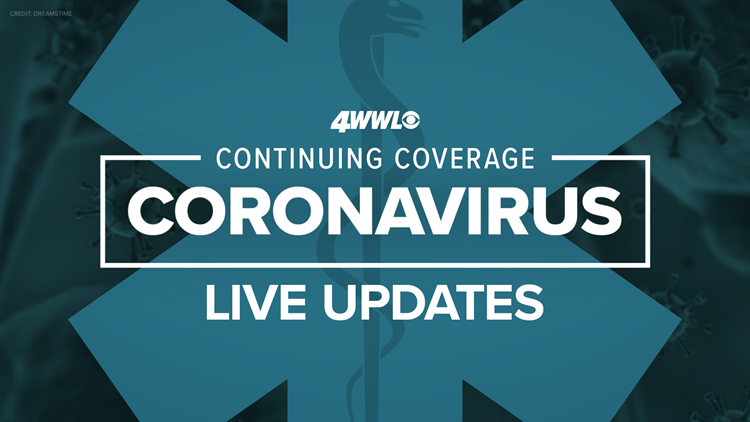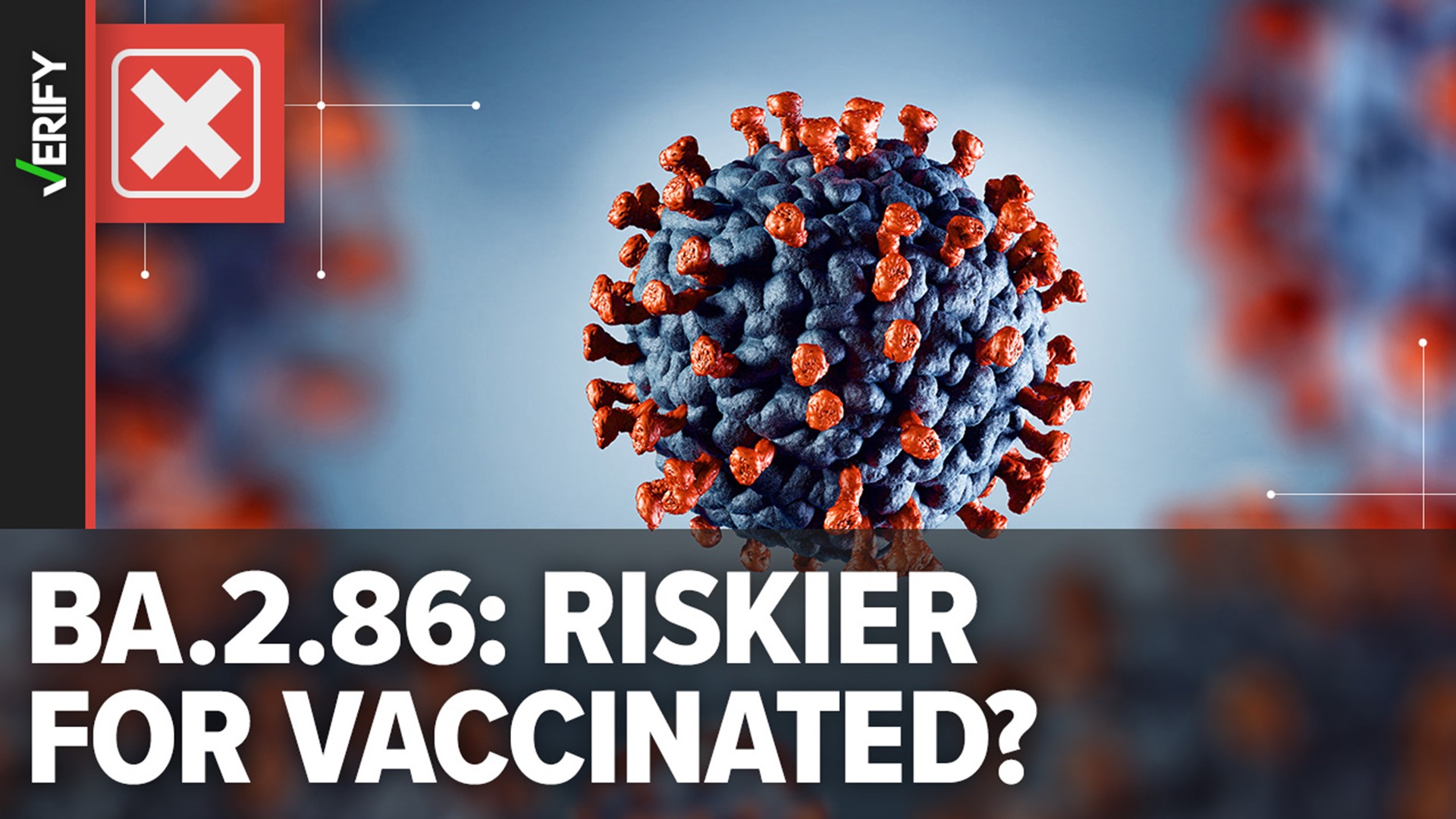Latest Numbers:
- 1,296 deaths
- 23,928 total cases
- 1,748 patients in hospitals
- 349 patients on ventilators
- 64 of 64 parishes reporting cases
- Over 141,000 tests completed
Key Updates:
- Jazz Festival, the city's largest event of the festival season, has been canceled.
- Governor John Bel Edwards says Louisiana will not wait until things are "back to normal" to open the economy, and has created a commission to plan on doing so slowly and safely.
- Small business owners have been left hanging after loan money from the federal government dried up. Still, some owners worry re-opening the economy too quickly will be more costly.
- New numbers in Jefferson Parish show COVID-19 is largely impacting black communities on the West Bank.
29 new deaths reported Sunday as ventilator use climbs slightly
The latest update in Louisiana's fight against the COVID-19 virus shows the lowest increase in deaths since March 29.
Sundays have traditionally seen smaller updates than other times during the week, but the trend for deaths has been steady if not slightly downward for several days.
While hospitalizations also fell slightly from Saturday, there was a 2-person increase in patients on ventilators. That bump was the first increase in nearly a week.
Over 141,000 tests have been completed in the state, meaning about 3% of Louisiana's population has been tested for COVID-19.
Hospitalizations drop, fewer patients on ventilators Saturday
New numbers from the Louisiana Department of Health show continued improvement in the state's fight against the coronavirus.
As of noon Saturday, 1,761 patients were hospitalized. That number is more than 100 fewer than Friday and points to the continuing social distancing efforts across the state keeping hospitals from being overloaded with patients.
The number of patients on ventilators dropped over the past 24 hours as well, from 363 patients to 347.
The number of deaths reported Saturday remained steady. With some exceptions, recent days have had a consistent death toll in the 50s. The 54 additional deaths since Friday show a plateau in the growth rate for patient mortality.
Tools
What are the symptoms?
Symptoms of COVID-19 include fever, cough, and shortness of breath. These symptoms may appear 2 to 14 days after exposure.
Worldwide illnesses have ranged from mild to severe, including severe pneumonia that can result in hospitalization or death.
Older people and people with underlying health conditions including heart disease, lung disease or cancer seem to be at greater risk of serious illness.
People with recent travel to China, or have come in contact with someone who has recent travel and is ill, have a greater risk for becoming ill.
What to do if you are sick:
If you recently traveled to an area affected by COVID-19 transmission, and you feel sick, stay home and call your doctor immediately. Do not go to the doctor without calling first.
If you have a fever, cough, or shortness of breath, call your primary care provider. If you do not have a primary care provider, call the Louisiana Department of Health hotline at 1-855-523-2652.
If you are severely ill and you think you need to go to the hospital, call 9-1-1 or go to an emergency room.
How to Prevent the Spread:
The virus is thought to spread between people in close contact (within 6 feet) and through droplets when an infected person coughs or sneezes.
To prevent the spread of COVID-19 and other respiratory illnesses:
- Avoid close contact with people who are sick.
- Avoid touching your eyes, nose, and mouth.
- Wash hands with soap and water often or use hand sanitizer with at least 60% alcohol. Especially wash hands after going to the bathroom, before eating and after blowing your nose, coughing or sneezing.
- Clean and disinfect frequently touched objects and surfaces using a regular household cleaning spray or wipe.
- Stay home if you feel sick to prevent the spread of germs.
- Cover your cough with your elbow to prevent the spread of germs.
Treatments for COVID-19:
There are no medications specifically approved for COVID-19. People with coronavirus should be treated with supportive care to help relieve symptoms.
Some severe cases require going to the hospital, particularly in the elderly or those with underlying medical conditions.
More Stories:
► Get breaking news from your neighborhood delivered directly to you by downloading the new FREE WWL-TV News app now in the IOS App Store or Google Play.



